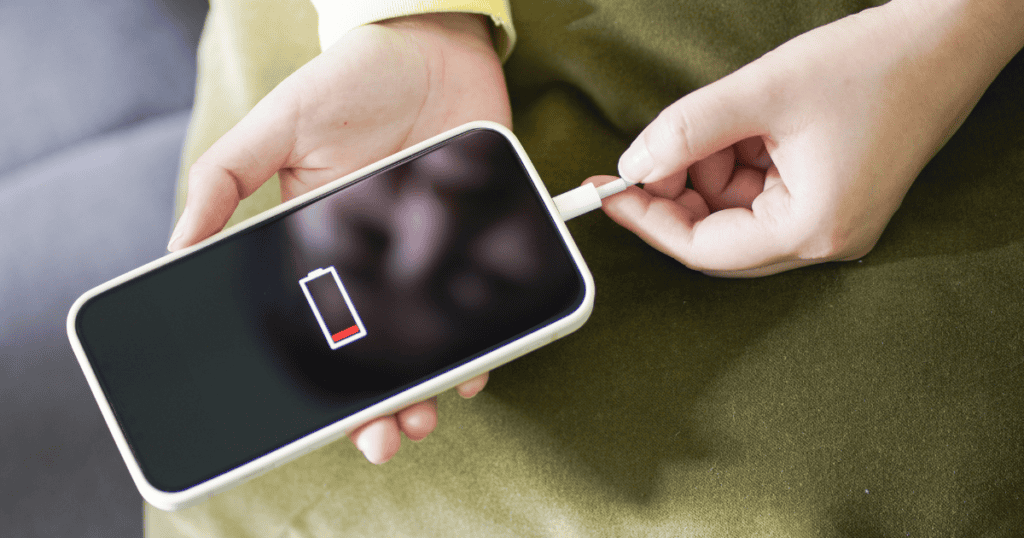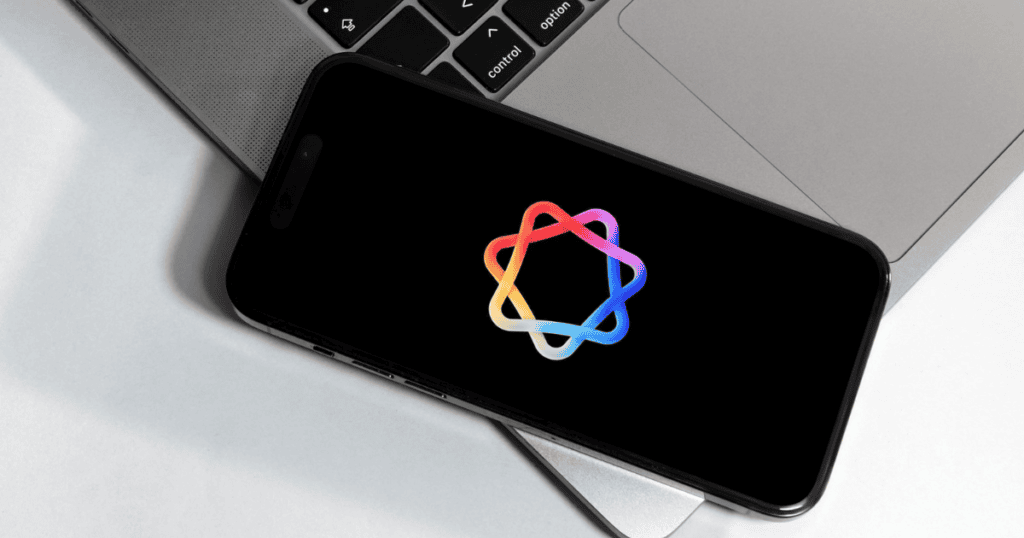Recent trends reveal a substantial shift in smartphone user priorities, with battery life emerging as a top consideration over the allure of advanced AI features. Despite AI being marketed as a cutting-edge addition, only 18% of consumers rank it as essential for their upgrade decisions, while a notable 61% prioritize extended battery life. This preference reflects a shift toward practicality, as users seek reliable performance that aligns with their daily demands.
In a market where connectivity and continuous functionality are paramount, this focus on battery life underscores a desire for practical, dependable devices. This shift has implications for manufacturers, emphasizing the need to balance advanced technology with the functional essentials that users value most.
User Preferences in Smartphone Features: Focusing on Practicality
As mobile devices become central to daily routines, user preferences in smartphone features highlight a growing demand for practical benefits. According to a recent survey, 61% of smartphone users prioritize longer battery life as a key factor when considering upgrades. This shift suggests a trend toward practical benefits like battery longevity and connectivity over additional features like AI. Here’s a breakdown of current user priorities:
- Battery Life: 61% prioritize long battery life to keep up with their routines.
- Mobile Signal Quality: 78% value strong connectivity for reliable performance.
- Storage Capacity: 46% seek more storage over AI or other advanced features.
- AI Features: Only 18% cite AI integrations as a priority in new devices.
These insights reveal that users view extended battery life and consistent performance as essential, while AI capabilities remain a secondary consideration. As a result, users are looking for durable devices that support their connected lifestyles, underscoring the importance of practicality over novelty in device design.
Battery Life as a Primary Focus in Smartphone Design
Battery longevity has emerged as a crucial component in smartphone purchasing decisions, overshadowing other high-tech features. A remarkable 61% of consumers rank battery life as a top priority, illustrating the significance of device endurance over cutting-edge AI functions. With a growing reliance on mobile devices for a variety of tasks, sustained battery performance has become an expectation rather than a luxury.
The importance of dependable mobile signal quality and connectivity further underscores users’ demand for robust battery life. In fact, 78% of users value mobile signal quality over AI functionality, reflecting that connectivity remains central to user experience.
This focus on essential, practical features illustrates a trend where only 18% of users consider AI integrations a primary motivation for upgrading. As users become more discerning, smartphone manufacturers must address the demand for long-lasting battery performance that meets modern user needs without frequent charging.
How AI Technology Impacts Battery Life
As AI technologies are integrated into more smartphones, users are increasingly aware of the battery drain associated with these features. AI applications, such as voice assistants and real-time analytics, often require continuous background processing, which can significantly impact battery longevity. This is a growing concern for smartphone owners who value consistent device performance.
Some AI functionalities demand up to 50% more battery capacity than traditional applications, underscoring the substantial energy requirements of advanced technologies. Tasks like image recognition and language processing, powered by AI, can quickly deplete battery reserves, with 38% of users expressing concern over this trade-off.
Future AI applications, particularly generative AI, are projected to require up to four times more processing power than current versions, which may further strain battery resources. This dynamic presents a dilemma for smartphone users and manufacturers alike, balancing the appeal of advanced AI with the foundational need for durable battery life.
Real-Life User Experiences: Balancing Functionality with Practicality
User experiences often reflect the friction between innovative technology and practical usability, with battery life as a key concern. Many smartphone owners report a preference for essential functionalities like extended battery life over high-tech features like AI. Key statistics highlight the gap between desired and available features:
- Battery Life: 61% view longer battery life as essential for daily tasks.
- Mobile Signal Quality: 78% prioritize connectivity over AI technology.
- AI Features: Only 18% consider AI integrations as a main reason to upgrade.
In addition to the concerns about battery drain, 44% of smartphone users only consider upgrading their device when it breaks. This practical approach emphasizes the demand for reliable, core functionalities rather than upgrades focused solely on advanced features. As a result, many users opt for devices with practical, long-lasting features that support their connected lifestyles without constant recharging.
Striking a Balance: Performance vs. Endurance in Smartphone Design
Manufacturers face the ongoing challenge of balancing performance with endurance in smartphone design. With battery life as a leading concern for 61% of users, there’s a pressing need for smartphones that prioritize energy efficiency alongside robust capabilities. To address this need, manufacturers are focusing on several factors:
- Energy Efficiency: Developing chips and software optimized for lower power consumption helps extend battery life.
- User Preferences: A focus on consumer priorities, like mobile signal quality over AI, informs design choices that enhance battery longevity.
- Adaptive Power Management: Implementing technologies that optimize energy use based on real-time demands ensures devices balance performance with longevity.
As smartphone designs evolve, the focus on long-lasting battery life will remain central. The ongoing advancement in high-performance applications, particularly those leveraging AI, necessitates innovative solutions that enhance energy efficiency without sacrificing user satisfaction.
Future Smartphone Design: Prioritizing Battery Life
Looking forward, the focus on battery life is expected to significantly influence smartphone design. With 61% of consumers prioritizing longevity, manufacturers are innovating new solutions to meet user expectations. Developments like silicon anodes are projected to increase battery capacity by up to 30%, allowing users to enjoy longer usage times for more demanding applications.
Future Trends in Smartphone Battery Technology:
- Battery Life: Increased focus on longer usage times.
- AI Features: Carefully integrated with power management systems.
- Energy Density: Advanced materials to enhance battery capacity.
- User-Centered Design: Ensuring essential functionalities are prioritized.
As AI capabilities grow, power management will become increasingly important to balance innovation with battery efficiency. By focusing on advancements that allow for larger energy capacities within sleek designs, manufacturers can cater to user expectations without compromising aesthetics or portability.
Practical Recommendations for Consumers
Battery life is now a primary consideration for most smartphone consumers, and understanding how to prioritize this factor can help users make informed choices. Here are three key recommendations for optimizing smartphone experience based on current trends:
- Evaluate Battery Performance: Research battery life ratings, and look for devices that offer long usage times for demanding tasks.
- Consider AI Impact: Be aware that while AI enhances certain features, it may also drain battery life. Assess if these features align with your daily needs.
- Stay Updated: Keep up with software updates, as manufacturers often enhance battery efficiency in response to user feedback.
These tips can guide consumers in finding smartphones that not only meet their performance needs but also align with their preferences for practicality and longevity.
MacReview Verdict
As the smartphone landscape evolves, users’ growing preference for extended battery life over advanced AI reflects a shift toward practicality and reliability. This trend emphasizes the balance between innovation and endurance, guiding manufacturers to prioritize essential features that enhance the daily user experience. In a world where connection and functionality are vital, the demand for long-lasting devices underscores a future where innovation harmonizes with real-world usability, providing users with both cutting-edge technology and dependable battery performance.



